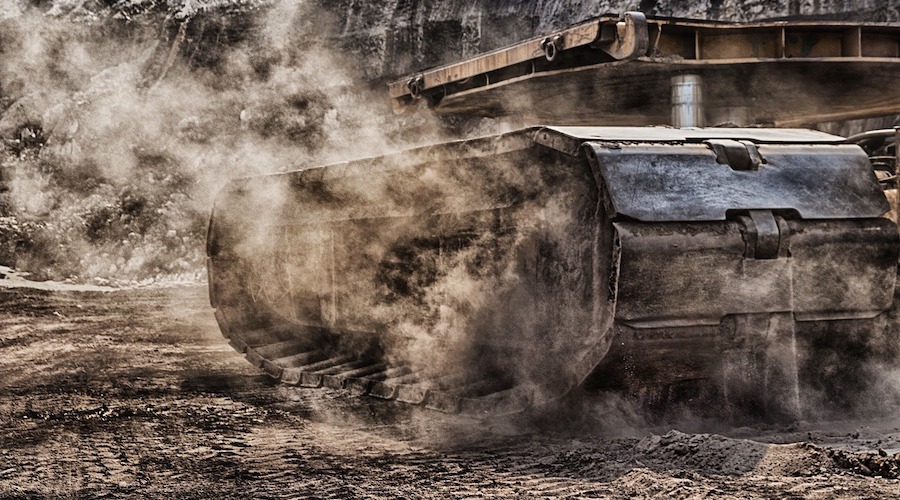
The greater methane content in coal seams that are ever deeper also played an important role in pushing up the estimate.
The team analyzed large datasets that go back in time and allow them to understand the present and predict the future. They discovered that in 2010, 103 billion cubic meters of methane were released from working underground and surface mines and an additional 22 billion cubic meters from abandoned mines. That total of 125 billion cubic meters for 2010 is 50% higher than the estimate of 83 billion cubic meters for that year by the Community Emissions Data System.
When an abandoned mine is closed without flooding, methane leaks into the air for decades
In a media statement, Nazar Kholod, lead author of the study, explained that when a closed mine is flooded, water stops methane from leaking almost completely within about seven years. But when an abandoned mine is closed without flooding, as many are, methane leaks into the air for decades.
“As more coal mines close, the share of coal mines that have been abandoned but are still emitting methane will increase,” the scientist said. He added that the data that support this assertion were mostly gathered in the United States and Ukraine, countries where data about coal mine status and methane are fully available.
After analyzing a variety of future scenarios, Kholod and his colleagues also found that if efforts to address climate change remain similar to what they have been, methane emissions are likely to grow by almost eight times what they are today from abandoned mines and four times what they are from working mines.
Together with the growing number of inactive mines, the fact that most new mines are getting deeper also plays a role in these previsions. This is because coal from depths greater than 400 meters, which are the depths many new mines reach nowadays, contains more than twice as much methane as coal mined at depths less than 200 meters.
To reach this conclusion, the researchers analyzed 250 coal samples from around the world, including North America, South America, Australia, Asia and Europe.
In Kholod’s view, these findings have important implications for Earth’s climate because methane is about 25 times more powerful than carbon dioxide when it comes to warming the planet over a long period.




